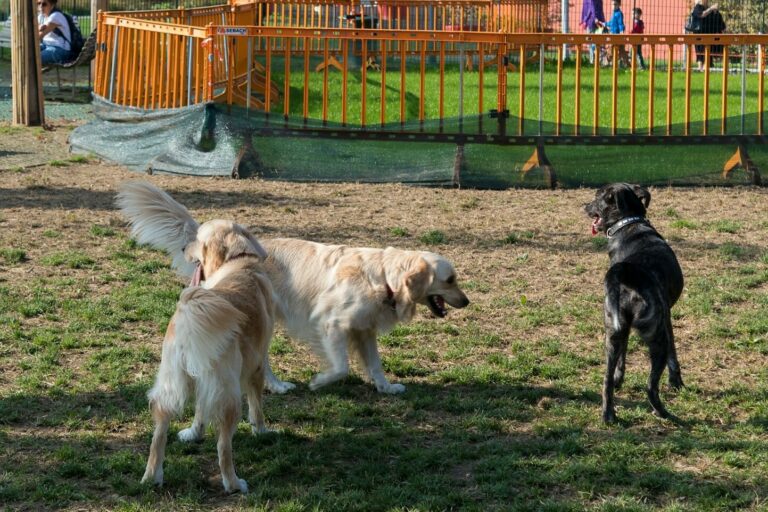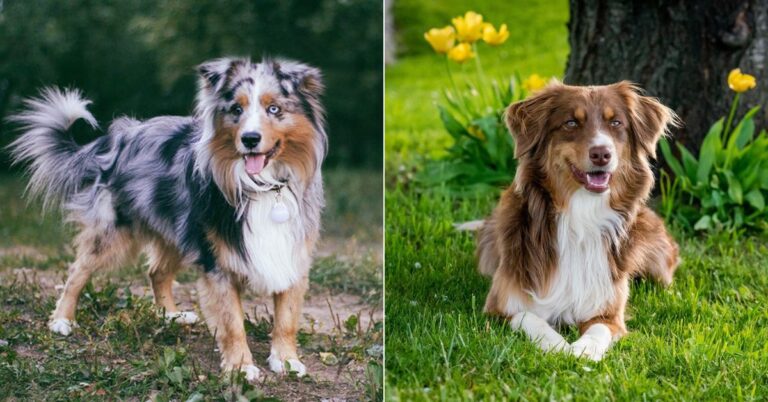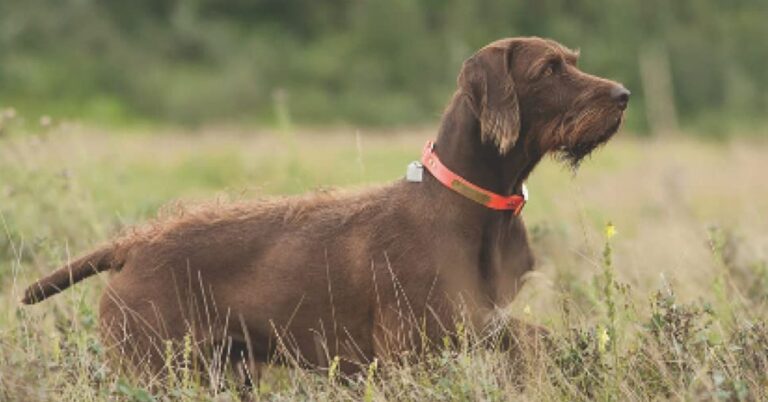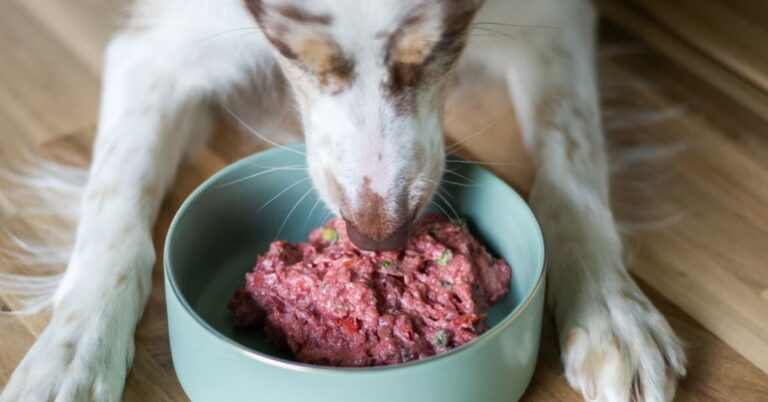10 Things You Should Know About Long-Haired French Bulldogs

The Long-Haired French Bulldog is a rare and adorable variation of the traditional French Bulldog. It originated in the 19th century when small bulldogs were brought from England to France. Today, French Bulldogs are especially beloved in the United States, with the long-haired variety increasingly gaining attention. Here are 10 surprising things to know about this rare dog breed.
A Rare And Unique Coat Variation

Long-haired French Bulldogs stand out due to their long, fluffy coats, a rare genetic variation in the breed. Unlike standard French Bulldogs with short, smooth fur, these dogs have a recessive gene that gives them their woolly appearance. Their coats can be wavy or slightly curly, adding an extra level of charm and uniqueness.
Result Of A Recessive Gene Mutation

The woolly coat in this breed results from a mutation in the FGF5 gene, which affects hair length. This means that both parents must carry the gene for a puppy to inherit the trait. However, if only one parent carries the gene, the puppy will have a short-haired coat.
Not Officially Recognized By Kennel Clubs

Most major kennel clubs, including the American Kennel Club and The Kennel Club, do not recognize Long-haired French Bulldogs as an official variety. The breed standard defines French Bulldogs as having short, smooth coats, so longer-haired versions are seen as a deviation. Because of this, Long-haired Frenchies cannot participate in conformation shows under AKC rules.
Higher Grooming Needs Than Standard French Bulldogs

A standard French Bulldog requires minimal grooming due to its short coat, but Long-haired French Bulldogs need more care to keep their fur healthy. Their longer hair can trap dirt, debris, and moisture, increasing the risk of matting and skin infections. Regularly brushing their hair helps prevent tangles and remove loose hair.
Same Temperament As The Regular Breed

Despite their different appearances, Long-haired French Bulldogs have the same lovable and playful personality as their short-haired counterparts. They are gentle dogs that thrive on human companionship and form lasting bonds with their owners. However, they can also be stubborn, so early training with positive reinforcement is essential.
Heat Sensitivity Due To Their Brachycephalic Features

Like all French Bulldogs, long-haired ones have a flat face (brachycephalic), which causes breathing difficulties. Their thick coat can make heat regulation even more challenging, increasing the risk of overheating in warm climates. Owners should avoid excessive exercise in hot weather and ensure their dogs can access shade and cool water.
High Demand And Expensive Price Tags

Due to their rarity, Long-haired French Bulldogs often cost more than standard Frenchies. Prices generally start from $5,000 to over $10,000, depending on the breeder, bloodline, and coat color. Because they are not officially recognized by kennel clubs, finding a reputable breeder who prioritizes health and ethical breeding practices is vital.
Similar Health Issues As Other French Bulldogs

Long-haired French Bulldogs are prone to the same health issues as regular breeds. Common concerns include respiratory problems, hip dysplasia, and skin allergies. Their long fur can also trap moisture, increasing the risk of skin infections. Regular medical examinations and a healthy diet can help prevent some of these issues.
Lifespan And Longevity

This dog breed’s lifespan is similar to that of standard French Bulldogs, typically 10 to 14 years. It depends on genetics, diet, and healthcare. Because they are prone to respiratory issues and joint problems, regular vet visits can improve their lifespan. Owners should keep them from gaining excess weight to avoid straining their already compact bodies.
Diet And Feeding Habits

A well-balanced diet ensures that this breed maintains a healthy weight. The dog thrives on high-quality food that includes lean protein, healthy fats, and essential nutrients. Because they can be prone to obesity, portion control is key, and treats should be given in moderation. Hydration is also important, so fresh water should always be available.





